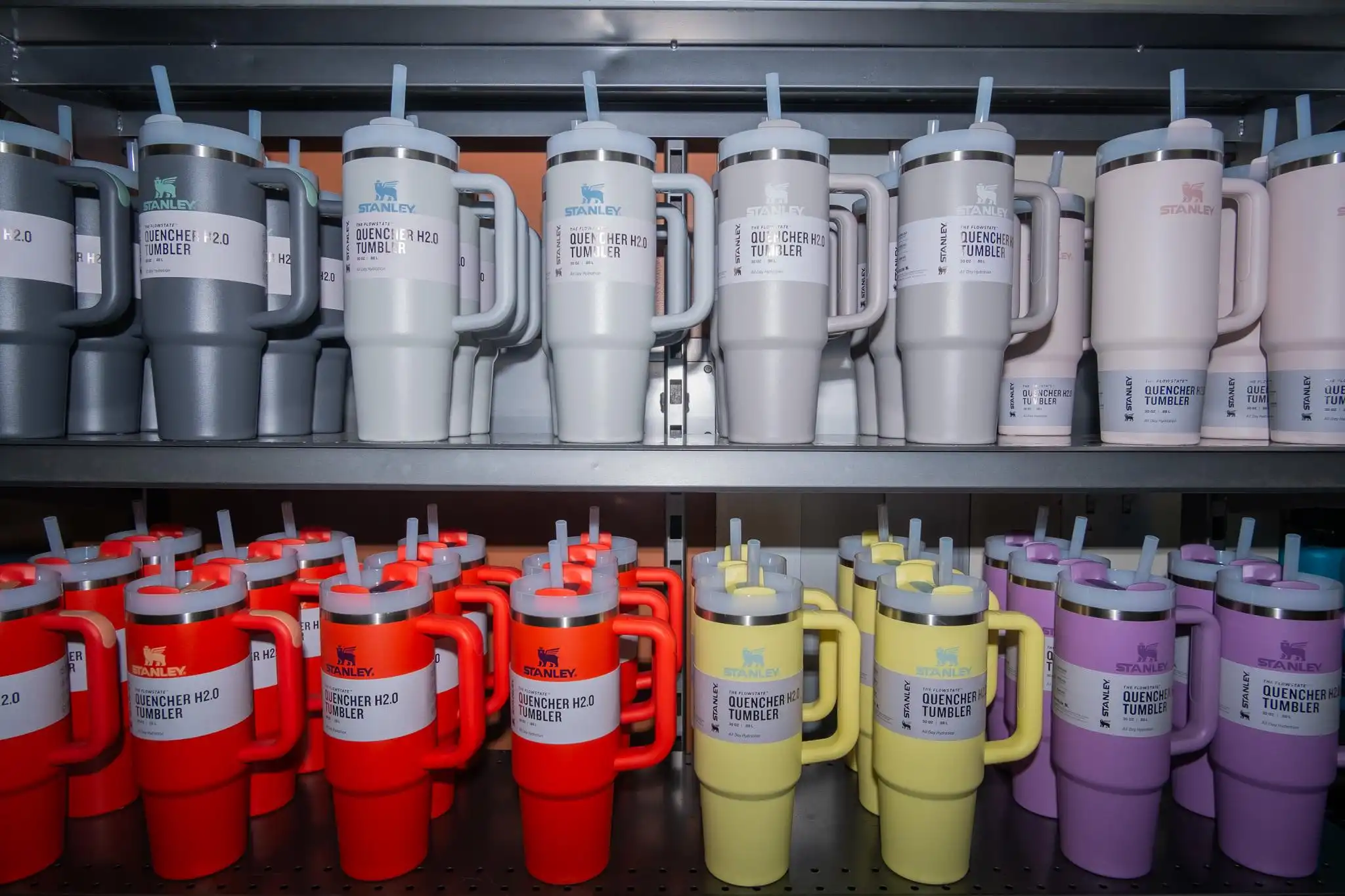Deinfluencing Trend Counters Consumerism Pepperdine Graphic
Deinfluencing counters influencer culture by encouraging mindful consumption. Trend aims to reduce overconsumption influenced by social media marketing.
Deinfluencing is a rising trend that stands in stark contrast to influencer culture. Instead of promoting excessive consumption, deinfluencers aim to encourage people to rethink their spending habits, particularly in response to the impact of influencer marketing on social media platforms like Instagram and TikTok.
Deinfluencing content varies widely, with some creators focusing on environmental concerns by critiquing consumer goods in anti-hauls, while others evaluate individual products to highlight their lack of practical value. The overall message is clear: only spend money on items that are truly necessary or bring genuine happiness.
The prevalence of influencer marketing has led many to question the societal emphasis on material possessions as a measure of self-worth. This hyper-consumption is often driven by a desire for social validation and connection, particularly among younger consumers seeking approval from their peers.
While influencer marketing can be a powerful tool for advertisers due to its perceived authenticity and relatability, it also has the potential to mislead consumers and perpetuate harmful societal norms. Deinfluencing serves as a counterbalance by promoting transparency and ethical consumerism, encouraging individuals to make more informed purchasing decisions.
As the global consumer class continues to grow, the need for sustainable consumption practices becomes increasingly urgent. Overconsumption not only depletes natural resources but also contributes to environmental degradation and social inequalities. Deinfluencing content plays a crucial role in raising awareness about these issues and empowering individuals to make more conscious choices.
Ultimately, deinfluencing is about more than just resisting the urge to buy into trends promoted by influencers. It's about fostering a deeper understanding of the impact of our consumption habits and taking responsibility for the choices we make as consumers. By engaging with deinfluencing content, individuals can gain a more balanced perspective on their purchasing decisions and contribute to a more sustainable future.












Comments on Deinfluencing Trend Counters Consumerism Pepperdine Graphic